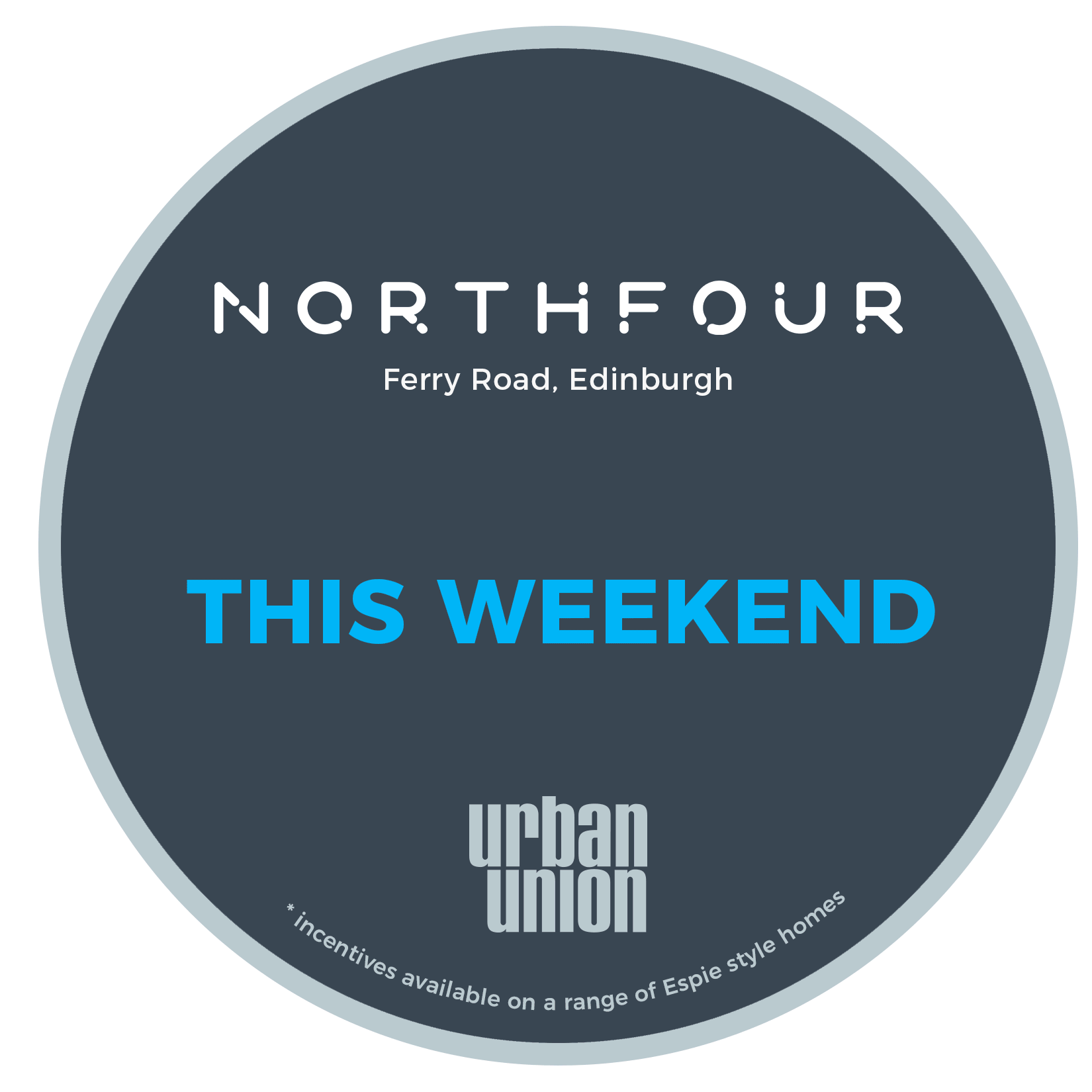Buying Your First Home
At present lenders are regularly changing the availability of their mortgage products, leading to confusion for those wanting to buy a new home, in particular first time buyers.
Today’s property market still remains challenging given the current lockdown restrictions. In addition, it is unlikely that many first-time buyers will benefit from the increase in the LBTT threshold, as first-time buyers were already exempt on properties valued to a maximum of £145,000.
The combination of the LBTT holiday and highly competitive mortgage rates on lower LTV deals has been designed to get the housing market moving again and the result has been a rise in house prices in the last month here in Scotland.
Despite the challenging market there has been a record number of mortgage approved in recent months. There are still several options available to first-time buyers that will make purchasing a home more affordable.
Guarantor Mortgages
This type of mortgage has been designed for those who have a poor credit rating or do not have access to the deposit required to obtain a mortgage. There are still several guarantor mortgages currently available in the market. If you’re interested in a guarantor mortgage you will need a close relative to be willing to be liable for the entire mortgage should you default on your repayments. Your guarantor will be required to put up collateral by way of savings or their own home as part of ‘springboard’ deals. It’s worth noting that guarantor mortgages are usually a higher rate than a standard residential mortgage. Due to the small number of deals available it’s advisable to talk to an independent mortgage advisor.
Help to Buy (Scotland)
The Help to Buy (Scotland) scheme enables those who want to buy a property to do so with just a 5% deposit. Help to Buy (Scotland): Affordable New Build and Smaller Developers Schemes have now been extended to March 2022 with an additional £55 million provided in 2021/22. This additional funding means that the government can help another 2,000 households to buy new-build homes.
Under the scheme buyers can borrow an equity loan from the Government up to an additional 20% of the property’s value meaning they can buy with a mortgage that covers 75% of the house price.
Demand is higher in areas where property is cheaper – and during the lockdown developers have been able to continue to sell property as they were already well-adapted to using virtual viewings and CGI imagery, and reservations could still be taken. This has resulted in a greater degree of activity compared to existing homes that could not take viewings or go on the market.
First Home Fund
The First Home Fund launched in December last year to help first-time buyers purchase a property.
It is a shared equity scheme whereby the Scottish Government will have an equity share in the property, but you will own the property outright. You will normally repay the government’s share when you sell your home, but you can also choose to pay this off earlier.
The scheme is open to anyone who does not own, or has previously owned, a property in Scotland or anywhere else in the world. You will need a 5% deposit of the purchase price (subject to individual lender requirements) and your mortgage must be at least 25% of the purchase price.
This scheme allows those who want to get onto the property ladder to split the cost of purchasing the property with the Scottish Government and funding your share via a smaller deposit than otherwise would be required, and a mortgage.
You won’t need to pay monthly instalments or interest to the Scottish Government for their contribution but will pay it back when you sell your home. While you own the property, you will have full ownership rights and will hold the full title.
You cannot apply for this scheme if you are a cash buyer or if you own a property in part or full or have previously owned a property as a sole or joint owner.
The maximum contribution from the Scottish Government is £25,000 or 49% of the property valuation figure or purchase price (whichever is lower). You can submit a joint application and the property must be the sole residence of all applicants. In addition, you cannot apply to any other Scottish Government shared equity schemes such as Help to Buy Scotland while applying for this scheme. You must withdraw this if you have an existing application.
Shared ownership
Shared ownership enables you to buy a share of a home instead of having to fund its entire cost. You can buy a 25%, 50% or 75% share of a home with the remaining share is owned by a housing association. Because the housing association owns a share of your home you don’t own it outright but will pay an Occupancy Charge to the housing association.
Shared equity
If you cannot afford the full price of a home for sale in the open market you might be able to get help through the Open Market Share Equity (OMSE) scheme. This is available across Scotland to first-time buyers and priority groups including those over 60, social renters, disabled people, members of the armed forces, veterans and widows or widowers of those who have served.
You’ll pay for the biggest share which is usually between 60% and 90% of the home’s cost. The Scottish Government will hold the remaining share under a shared equity agreement which it will enter into with you. You’ll have complete title and hold the deeds but the mortgage will have a security on the home to protect the Government’s share. If you sell the home, the Scottish Government will get a share of the money.
It is important to consult with an Independent Financial Adviser before applying to the scheme as they can help you to decide which is the most appropriate scheme for your circumstances.
The Help to Buy and First Home Fund schemes can be used to purchase one of the many properties available from Urban Union across all our developments. Contact us to find out more about current and future availability.
Find out the key differences between Help to Buy (Scotland) and the First Home Fund: https://www.urbanunionltd.co.uk/2020/02/18/differences-between-the-first-home-fund/


